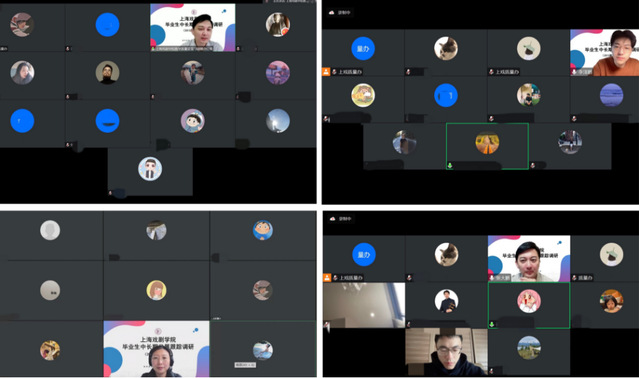Talent cultivation in universities should not only focus on short-term goals, but also on the medium to long-term career development of graduates. In order to establish and improve the tracking and feedback mechanism for graduates from our university, the Teaching Quality Supervision and Assurance Office of Shanghai Theatre Academy, in conjunction with the Student Affairs Office and the various colleges and departments, has made the first attempt to conduct a tracking survey on the medium and long-term development of graduates.
This graduates’ tracking survey covers graduates of all majors in the past 10 years. In order to overcome the difficulties of contacting graduates who graduated a long time ago and the uncertainty of the graduates’ willingness to participate in the interviews, the Teaching Quality Supervision and Assurance Office and the various colleges and departments have made full preparations in the early stages to ensure that the graduates are “contactable and voluntarily willing to participate”, thus ensuring the smooth progress of survey program. From March to 1 April 2023, the Teaching Quality Supervision and Assurance Office selected a certain amount of samples based on the situation of graduates and the principle of category by category and batch by batch, and conducted 12 online interview sessions with graduates from undergraduate programs.
The interviews were conducted by teachers from the Broadcasting and Hosting major, mainly focusing on the graduates' own career development and their feedbacks on the teaching situation at their alma mater as the way-in. One of the purposes of this survey is also to seek the graduates’ advice for current students, so as to radiate existing teaching objects.

Graduates actively participated in the graduates’ tracking survey program conducted by their alma mater. During the interviews, they spoke sincerely and shared their career journey after graduation, and actively provided advice and suggestions to their alma mater. During the interviews, one could deeply feel the graduates' attachment to their alma mater.
Through this round of interviews, the University learned about the knowledge structure, competency and career development demands of graduates, providing the basis for comprehensively reflecting the quality of talent cultivation in the University, identifying problems in the cultivation process, and providing timely feedback and guidance for the continuous improvement of the University’s talent cultivation work in the future.



